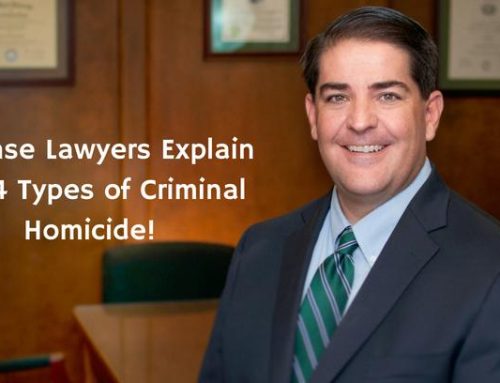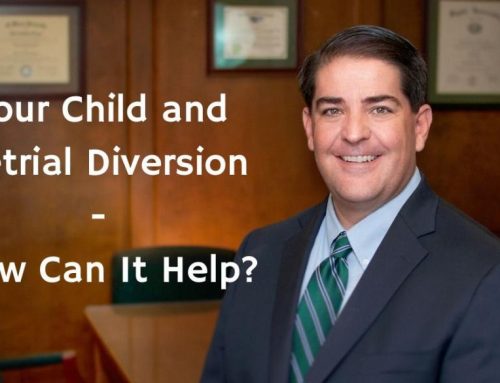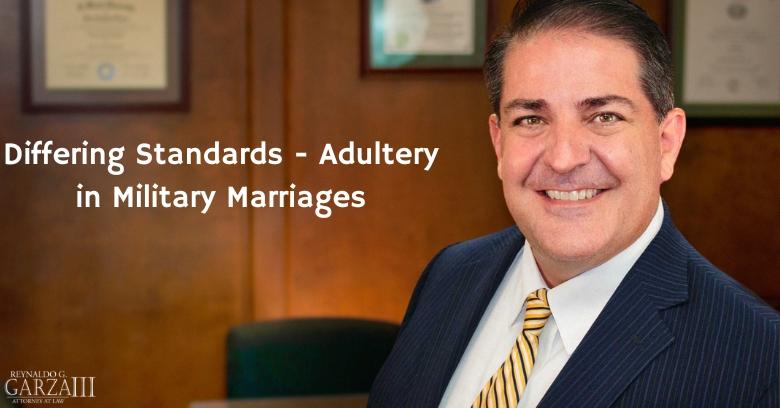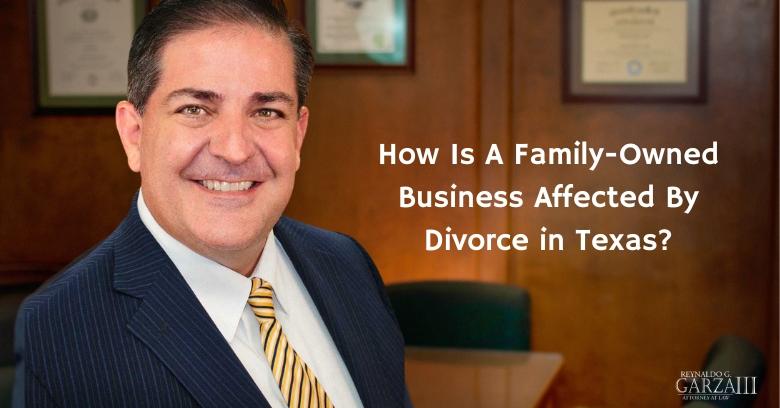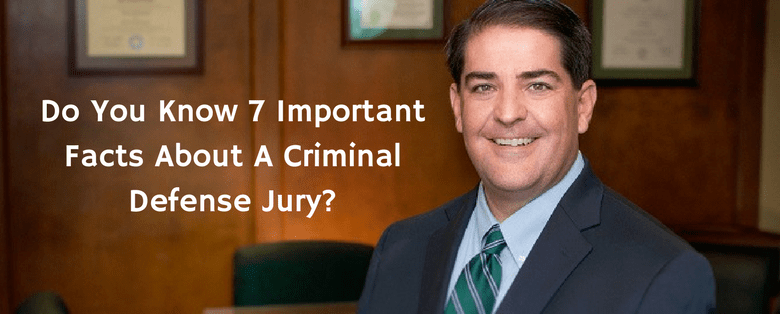
American citizens have the right to a fair and speedy trial of their peers to determine a defendant's guilt or innocence. If requested prior to the beginning a trial, a defendant can request that the jury determine punishment if found guilty. If you have been charged with a criminal offense, you will face a jury that will decide your fate.
Your criminal defense attorneys will prepare you for trial; however, it is still important that you understand how a criminal jury works. Criminal defense lawyers suggest reviewing the 7 important facts listed below about your trial and the jury that will hear your case.
The Two Parts of Jury Trials
Criminal defense attorneys advise their clients that there are two parts to every trial: guilt or innocence determination and sentencing if found guilty. Jurors will hear the testimony of both sides and determine guilt or innocence based on evidence and arguments provided.
In Texas, you have an opportunity to request ahead of time that the seated jury determine the punishment phase of your trial if you are found guilty. Otherwise, punishment will be given by the judge presiding over your trial.
Innocence and The Burden of Proof
At the start of any criminal trial, all jurors are instructed to presume that you are innocent. The prosecutor then has the burden of providing enough proof to convince the jury of your guilt. In the meantime, criminal defense lawyers will work to maintain your innocence with all available evidence and through witness testimony.
The Judge Instructs the Jury
In all criminal cases, the judge will give final instructions to the jury before being dismissed from the courtroom to begin deliberations. The instructions provided by the judge are called the Charge of the Court. These instructions include specific questions of law for the jury to consider and answer after evaluating the admitted evidence. After this, the jury is charged to consider the facts of the trial and use them to answer the legal questions that were raised.
Communication with Jurors
Once a trial is underway, no one can communicate with jurors about the case until it has been decided. Other than instructions from the judge, jurors may not discuss anything with you, prosecutors, criminal defense attorneys, or anyone else. If jurors are found to be communicating with others outside the jury during your case, this could be grounds for ordering a new trial with a new jury.
Juror Questions
Occasionally, the jury may have questions during trial proceedings. If this happens with a criminal trial, they must communicate their question directly to the judge who will present the question to the prosecution and criminal defense lawyers. The judge will discuss the question, along with any objections, with both lawyers and decide on the answer. The judge then provides the answer to the jury so jury deliberations about your case can continue.
Deadlock and Mistrial
There are times when members of a jury are not able to agree on things after a certain amount of time pases, at which time they notify the judge of such. This is called a jury deadlock and requires the judge to decide what must be done. The judge often sends the jury back for further deliberations perhaps with additional instructions that may help the jury come to an agreement on your case.
In the event that further discussion still does not produce a verdict and the judge feels that forcing jurors to continue discussion will not change anything, your case could be declared a mistrial. Before a mistrial is declared, both prosecutors and criminal defense attorneys are consulted and may offer suggestions on ways that could help the jury reach a verdict.
Double Jeopardy and Mistrial
Double Jeopardy is the legal protection you have from being tried twice for the same crime. The protection of double jeopardy does not apply in a mistrial because a verdict was never reached. When a judge has no choice but to declare a mistrial, your case is dismissed without a decision. Although this could prove to be a favorable outcome, there is still a chance you will be tried again for the same charges.
Jury trials can be lengthy and complicated proceedings. They also provide you the best chance at a fair judgment and sentencing when you are represented by experienced criminal defense lawyers. By understanding the rules that apply to a jury trial, you and your criminal defense attorneys will be prepared to state your case to jurors for their deliberation and decision.
Reynaldo Garza, III
Downtown Brownsville
680 East St. Charles St, Suite 600
Brownsville TX 78520
956-382-7002
North Brownsville
1393 East Alton Floor Blvd, Suite 12
Brownsville TX 78526
956-382-7002


